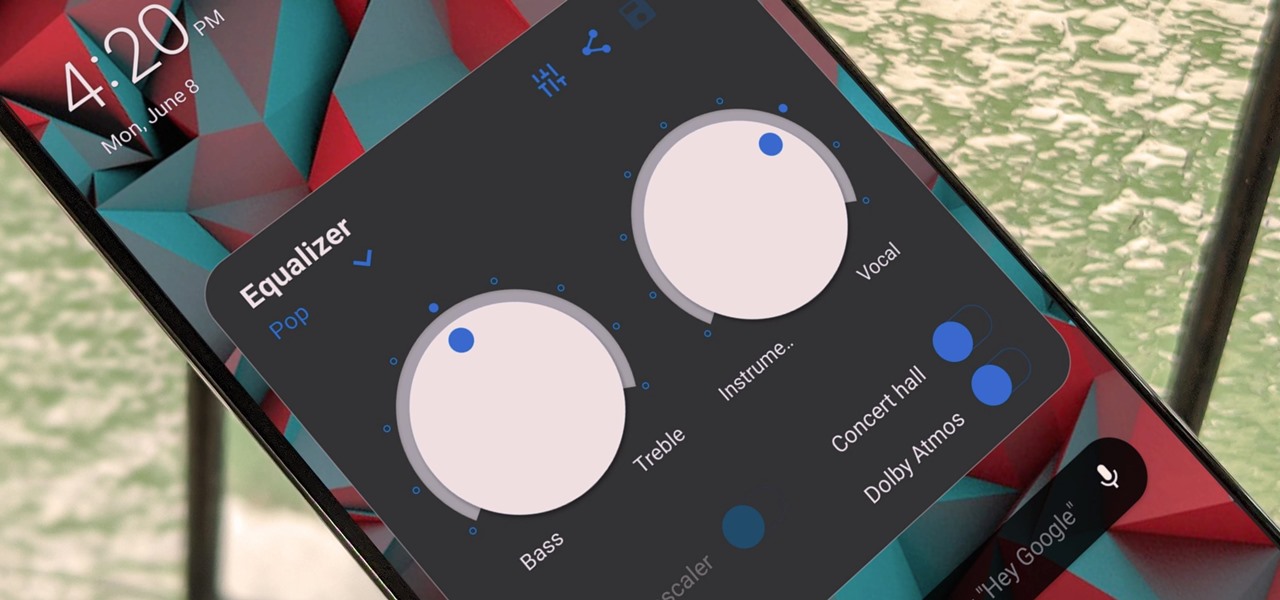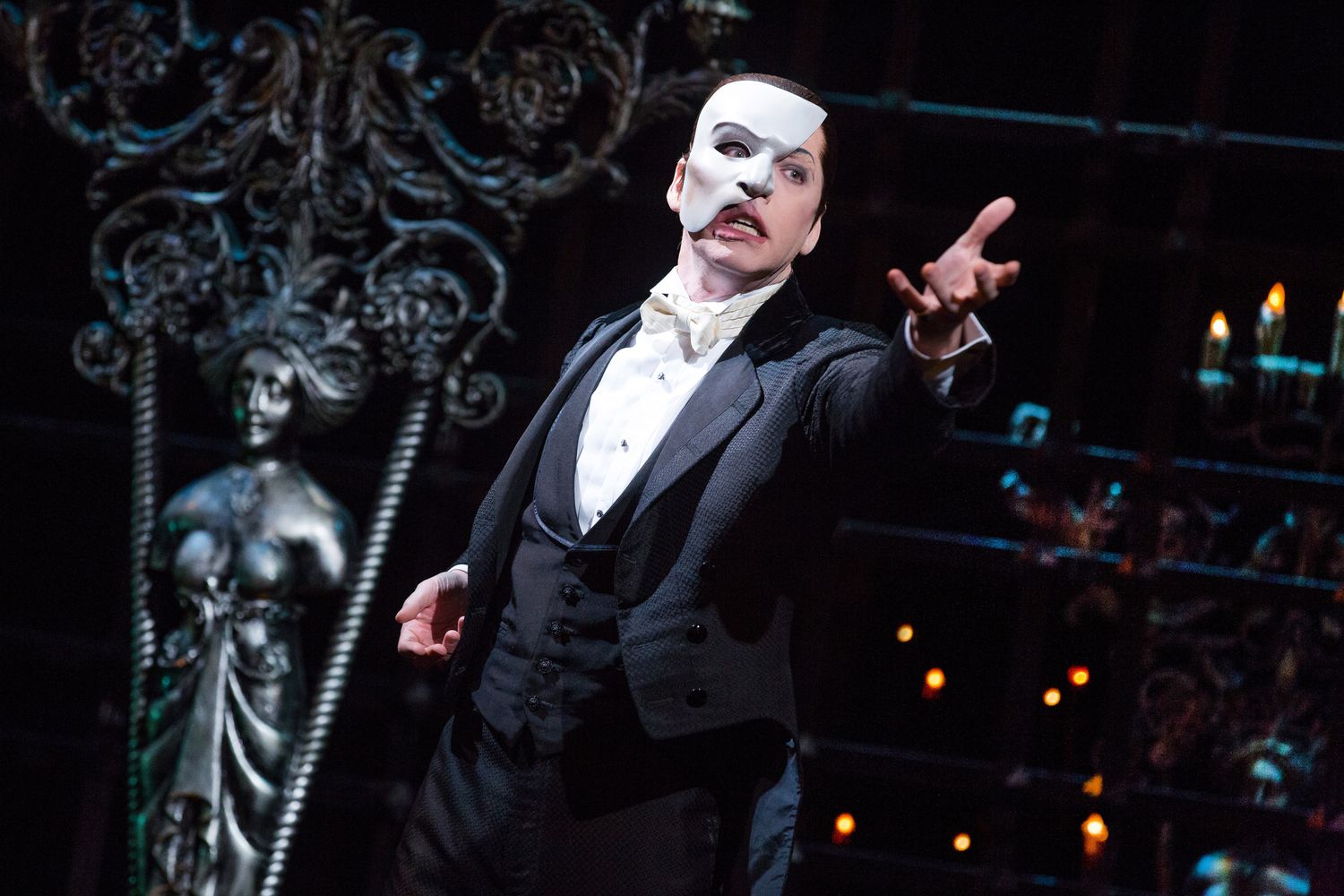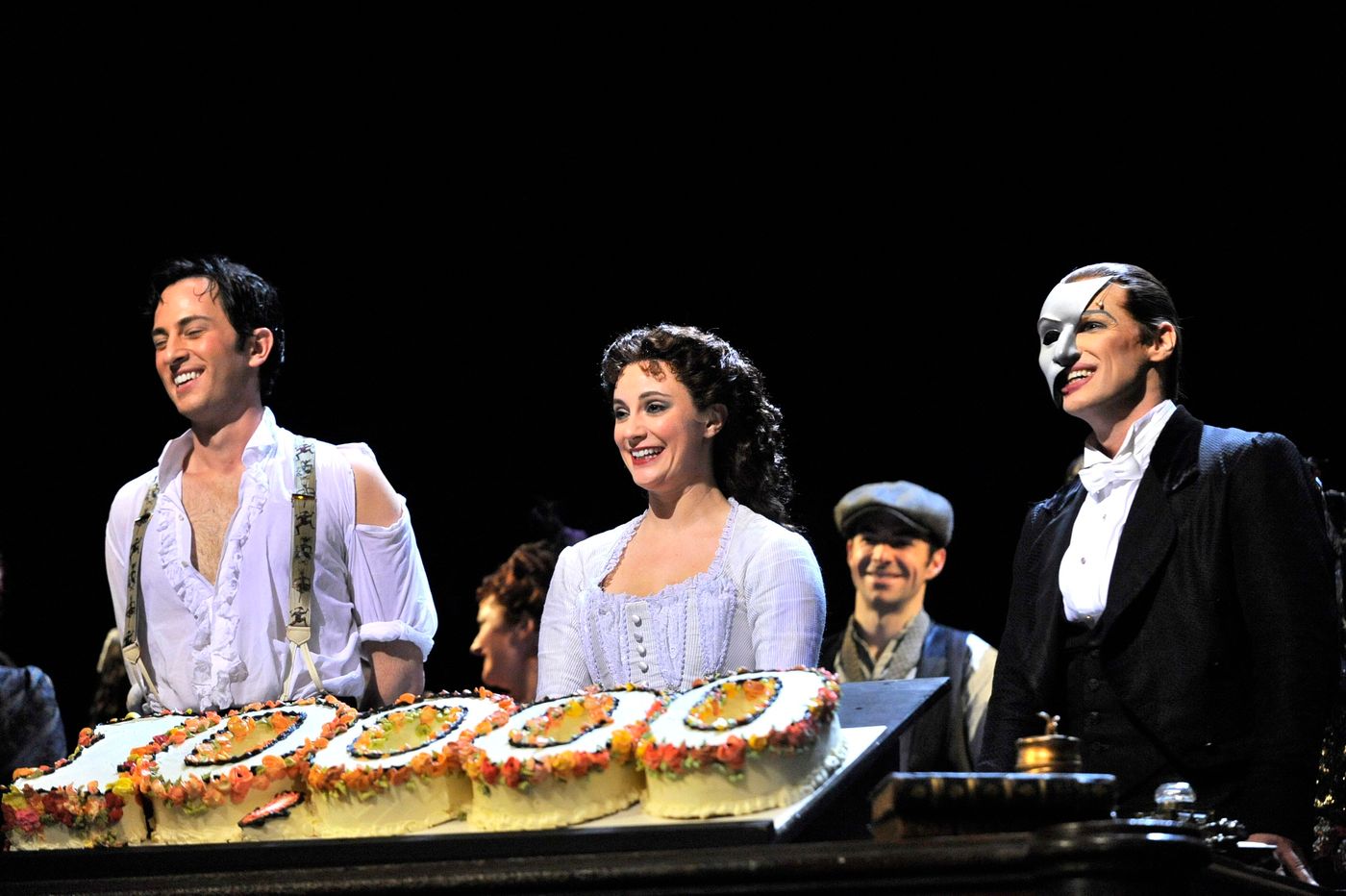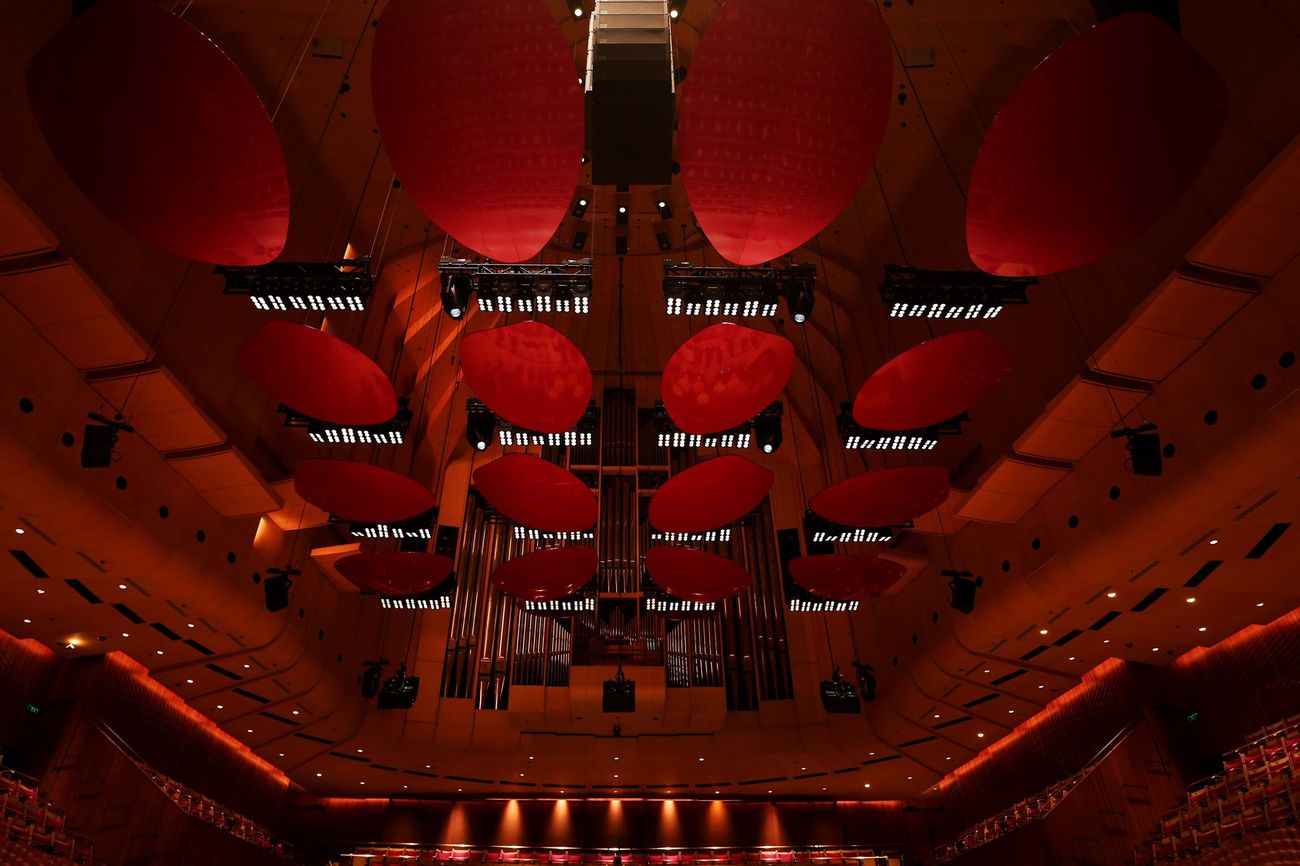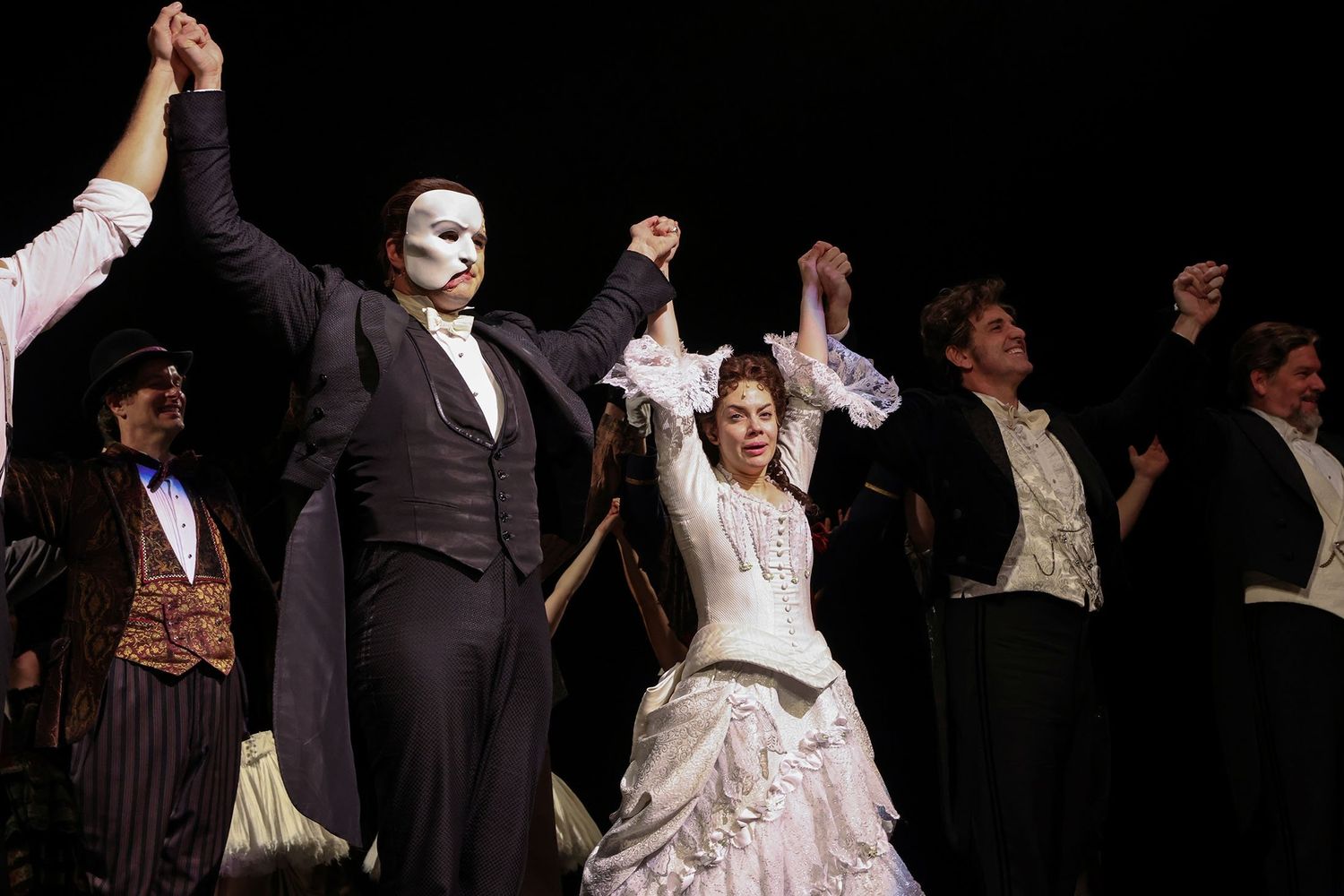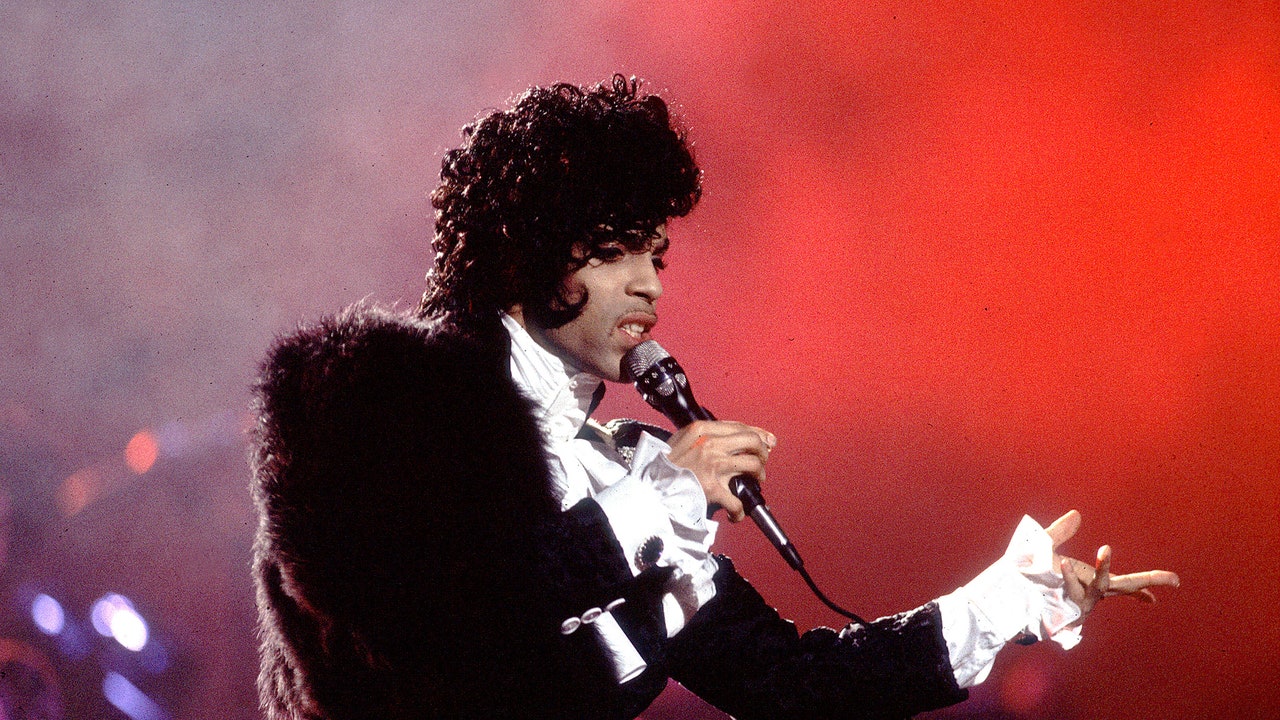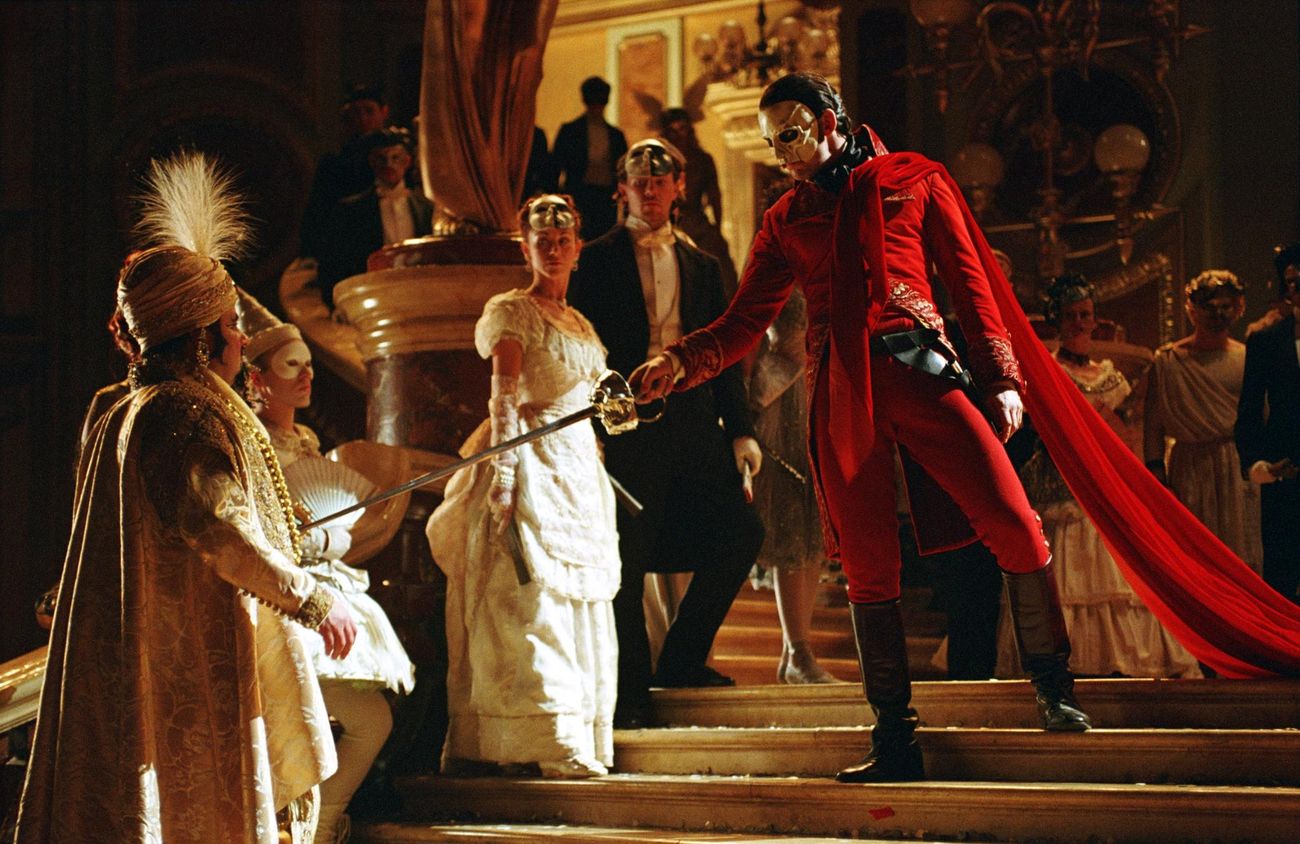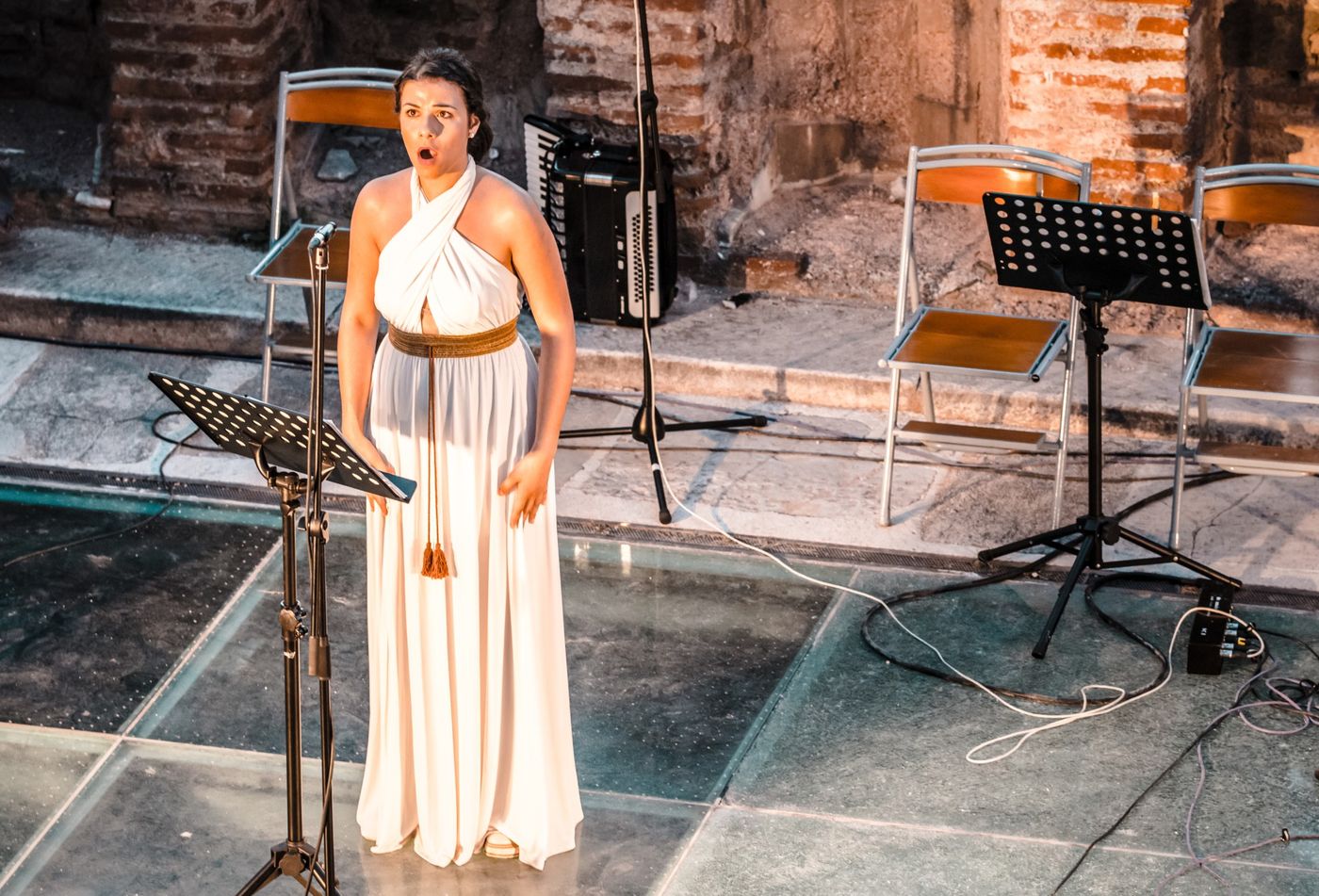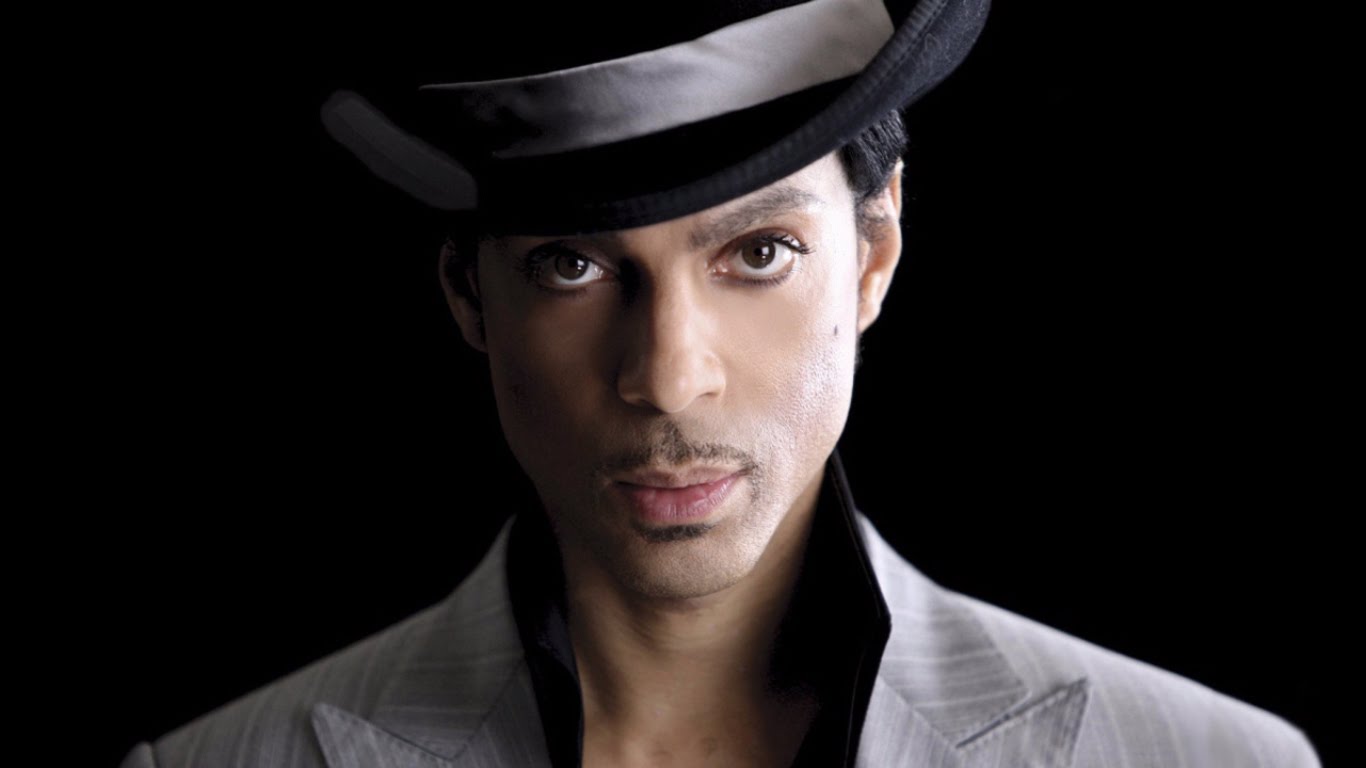Home>Events & Info>Opera>Why Does Opera Make You Cry


Opera
Why Does Opera Make You Cry
Published: January 6, 2024
Discover the emotive power of opera and learn why this beautiful art form has the ability to move audiences to tears. Immerse yourself in the captivating world of opera today.
(Many of the links in this article redirect to a specific reviewed product. Your purchase of these products through affiliate links helps to generate commission for AudioLover.com, at no extra cost. Learn more)
Table of Contents
- Introduction
- The Emotional Power of Opera
- The Connection Between Music and Emotions
- Opera as a Unique Art Form
- The Role of Lyrics and Storytelling in Opera
- The Effect of Melodies and Harmonies on Emotions
- The Power of Opera Singers and their Vocal Technique
- The Influence of Stage Design and Production on Emotional Impact
- The Cultural and Historical Significance of Opera
- The Personal Interpretation and Resonance of Opera
- Conclusion
Introduction
Opera is a captivating art form that has the unique ability to evoke strong emotions in its audience. From the powerful melodies, enchanting harmonies, and soaring vocals to the intricate storytelling and impressive stage productions, opera has the power to move people to tears. But what is it about opera that makes it such an emotionally powerful experience?
While music in general has the ability to stir up emotions, opera takes it to another level with its combination of music, lyrics, storytelling, and visual elements. It creates a multi-sensory experience that engages both the heart and the mind. It is a truly immersive art form that transports the audience to another world, allowing them to experience a range of emotions, from joy and love to sadness and heartbreak.
The emotional impact of opera can be attributed to a variety of factors, including the connection between music and emotions, the unique qualities of the opera as an art form, the role of lyrics and storytelling, the effect of melodies and harmonies, the power of opera singers and their vocal technique, the influence of stage design and production, and the cultural and historical significance of opera. In this article, we will explore each of these aspects to gain a deeper understanding of why opera has the ability to make us cry.
The Emotional Power of Opera
Opera has an undeniable ability to move its audience to tears. Whether it’s the tender love duets of Puccini’s “La Bohème” or the heart-wrenching tragedy of Verdi’s “Rigoletto,” opera has a way of evoking deep emotions like no other art form. But what exactly is it about opera that elicits such a strong emotional response?
One of the main reasons opera has such emotional power is its ability to tap into the universal language of music. Music has a profound impact on our emotions, and opera combines music with powerful storytelling to create a truly immersive experience. The combination of soaring melodies, rich harmonies, and expressive vocals has the power to touch our souls and resonate with our deepest emotions.
Opera also has a unique ability to portray a wide range of emotions. From the heights of passion and ecstasy to the depths of despair and heartbreak, opera covers the full spectrum of human emotions. The emotional intensity of opera is often heightened by its larger-than-life characters and dramatic storylines, which serve to magnify the emotional impact on the audience.
Furthermore, opera singers are incredibly skilled at conveying emotions through their voices. Their powerful and expressive vocals can bring the characters and their emotions to life in a way that is unmatched by any other art form. The sheer emotional power and virtuosity of opera singers’ voices have the ability to move us to tears and stir our deepest emotions.
Additionally, the theatrical elements of opera, such as stage design, costumes, and lighting, play a crucial role in creating an emotionally charged atmosphere. These visual elements can enhance the emotional impact of the story, creating a more immersive and visceral experience for the audience.
Ultimately, the emotional power of opera lies in its ability to connect with us on a deeply personal level. It has a unique capacity to evoke emotions that are universal and timeless, transcending language and cultural barriers. Whether it’s the tragic love story of “Madama Butterfly” or the triumphant finale of “Die Walküre,” opera has the power to make us cry, laugh, and experience the full range of human emotions.
The Connection Between Music and Emotions
Music has always had a profound impact on our emotions. It has the ability to evoke joy, sadness, nostalgia, and a myriad of other emotions. But what is it about music that elicits such strong emotional responses? The answer lies in the way music affects our brains and triggers certain psychological and physiological responses.
Studies have shown that listening to music activates various areas of the brain associated with emotions, memory, and reward. When we listen to music, the brain releases neurochemicals such as dopamine, serotonin, and oxytocin, which are responsible for regulating mood, pleasure, and social bonding. This chemical release contributes to the emotional experience we have while listening to music.
Moreover, music has the ability to bypass the rational and analytical parts of our brain and directly access our emotions. It can elicit a direct emotional response, often bypassing our conscious thought processes. This is why we can be deeply moved by a piece of music even if we don’t fully understand the musical structure or lyrics.
In the context of opera, music plays a central role in conveying emotions. The combination of melodies, harmonies, and rhythms can create a sonic landscape that mirrors the emotional arc of the story. Soft and gentle melodies can capture moments of tenderness and longing, while powerful and dramatic passages can depict heart-wrenching tragedy or exhilarating triumph.
Furthermore, opera often utilizes recurring musical themes, known as leitmotifs, to represent specific characters, emotions, or ideas. These leitmotifs can evoke strong emotional responses in the audience as they become associated with certain characters or events throughout the opera.
Overall, the connection between music and emotions is a profound and complex one. It is a deeply personal and subjective experience, with each individual responding to music in their own unique way. In the context of opera, the powerful combination of music, storytelling, and visual elements creates a heightened emotional experience that can move us to tears and leave a lasting impact on our hearts and minds.
Opera as a Unique Art Form
Opera stands out as a truly unique art form, combining music, theater, poetry, and visual design to create a captivating and emotionally powerful experience. Unlike other forms of musical theater, opera is characterized by its grandeur, complexity, and the integration of various art forms into a cohesive and harmonious whole.
One of the defining features of opera is its incorporation of music as a central element. Opera composers write music specifically to enhance and emphasize the emotions and dramatic moments of the story. The music in opera is often highly expressive and intricate, featuring elaborate orchestrations and demanding vocal techniques.
In addition to music, opera places a strong emphasis on storytelling. Librettists, who are responsible for writing the lyrics and dialogue, work closely with composers to create a narrative that unfolds through the music. The plotlines of operas often revolve around love, tragedy, and human emotions, making them relatable and engaging for audiences.
Furthermore, opera is a highly visual art form. The stage design, costumes, and lighting all work together to bring the story to life and create a visually stunning experience. These visual elements not only enhance the storytelling but also contribute to the emotional impact of the opera.
Another unique aspect of opera is the vocal technique required of its performers. Opera singers undergo rigorous training to develop their voices and acquire the skills necessary to project their voices over large orchestras without the aid of amplification. Their powerful and expressive vocals add a layer of emotional depth and intensity to the performances.
Opera also has a rich historical and cultural significance. It has been a part of Western culture for centuries and has evolved and adapted to reflect the changing times. Many operas are set in specific historical periods or locations, providing a glimpse into different cultures and societies.
Overall, opera stands as a remarkable combination of music, theater, visual art, and cultural heritage. Its unique blend of artistic elements creates a multi-dimensional and immersive experience that has the power to move and inspire its audience. Whether it’s the stirring melodies, the captivating storytelling, or the breathtaking performances, opera continues to enchant and captivate audiences around the world.
The Role of Lyrics and Storytelling in Opera
One of the key elements that sets opera apart from other musical forms is its emphasis on storytelling. While music is undoubtedly a central component of opera, it is through the combination of lyrics and storytelling that the true emotional power of the art form is unleashed.
The lyrics in opera, also known as the libretto, play a critical role in conveying the story to the audience. They provide the dialogue, the character development, and the emotional depth that brings the opera’s narrative to life. The words chosen by the librettist have the power to evoke powerful emotions and create a connection between the audience and the characters on stage.
The librettist works in collaboration with the composer to create a seamless union between music and words. The music enhances and amplifies the emotions and dramatic moments of the story, while the lyrics provide the narrative framework that guides the audience through the opera’s plot.
Storytelling in opera can take many forms, from historical dramas to fantastical tales. The stories depicted in opera often revolve around universal themes such as love, jealousy, revenge, and sacrifice. These timeless narratives resonate with audiences across cultures and generations, drawing them into the emotional journey of the characters.
Furthermore, opera has the unique ability to convey complex emotions and inner thoughts through music and lyrics. Through arias, duets, and ensembles, the characters express their deepest desires, fears, and conflicts. The powerful emotions that arise from these musical moments can have a profound impact on the audience, evoking a range of emotions from empathy to catharsis.
The combination of music and lyrics in opera creates a synergy between the two art forms, enhancing the emotional impact of both. The music amplifies the meaning and emotion behind the words, while the lyrics provide a narrative framework that contextualizes and gives depth to the music.
Overall, the role of lyrics and storytelling in opera is instrumental in evoking the powerful emotions that opera is known for. Through a combination of powerful words and expressive music, opera transports its audience into a world of emotions, allowing them to experience the triumphs, tragedies, and complexities of the human condition.
The Effect of Melodies and Harmonies on Emotions
The melodies and harmonies in opera have a profound effect on our emotions. Through intricate compositions and skillful arrangements, composers are able to create music that elicits a wide range of emotional responses from the audience.
Melodies, with their distinct musical phrases and motifs, have the power to convey a wide array of emotions. A tender, lyrical melody can evoke feelings of love and tenderness, while a soaring and triumphant melody can elicit a sense of joy and triumph. On the other hand, a haunting and melancholic melody can evoke a deep sense of sadness and longing.
Additionally, the harmonies in opera play a crucial role in shaping the emotional impact of the music. Harmonies are created through the combination of different musical voices, such as the orchestra and the vocal lines. The interaction of these voices creates rich and complex chords that can evoke a variety of emotions.
For instance, dissonant or unresolved harmonies can create tension and unease, eliciting feelings of anxiety or apprehension. Conversely, consonant and resolved harmonies can create a sense of harmony and resolution, leading to feelings of contentment or satisfaction.
Furthermore, composers often use modulation, the change of key within a musical piece, to evoke different emotions. Modulation can create a sense of surprise, anticipation, or even a sudden shift in mood. It adds depth and complexity to the music, making the emotional journey of the opera even more compelling.
Another aspect to consider is the tempo and rhythm of the music. A slow and mournful tempo can intensify feelings of sadness and longing, while a fast and lively tempo can evoke emotions of excitement and joy. The rhythm of the music can also generate a sense of urgency or calm, further enhancing the emotional impact of the opera.
Overall, the melodies and harmonies in opera have a profound effect on our emotions. They have the power to transport us to different emotional states and create a profound and memorable experience. Whether it’s a sweeping romantic aria or a powerful chorus, the music in opera has a way of reaching deep into our souls and evoking a myriad of emotions.
The Power of Opera Singers and their Vocal Technique
Opera singers possess a unique vocal prowess that adds a remarkable dimension to the emotional power of opera. Their exceptional vocal technique, range, and expressiveness enable them to deliver performances that captivate and move audiences like no other.
One of the defining characteristics of opera singers is their ability to project their voices over large orchestras without the assistance of amplification. This requires a tremendous amount of vocal power and control. The sheer volume and resonance of their voices can create an immersive experience for the audience, allowing the emotions conveyed through the music to be felt deeply.
Opera singers also possess incredible versatility in their vocal range. From the soaring high notes to the rich and velvety low notes, they have the ability to navigate through a wide vocal range, expressing a vast array of emotions. This range allows them to convey the intense passion of a love duet or the heartbreaking despair of a tragic aria.
Moreover, opera singers spend years honing their vocal technique to ensure that every note they sing is executed with precision and clarity. They undergo rigorous training to develop their breath control, diction, and vocal placement. This technical mastery allows them to convey the nuanced emotions of the music, ensuring that each word and phrase is delivered with the desired emotional impact.
Furthermore, opera singers possess the ability to convey emotions through the use of vocal color and expression. They can modulate their voices to depict the subtle shifts in mood and emotion within a piece. From the delicacy of a pianissimo to the intensity of a fortissimo, they use their vocal technique to bring the emotions of the music to life.
In addition to their vocal technique, opera singers also undergo rigorous acting and stage training. They use their bodies and facial expressions to convey the emotions of the characters they portray, enhancing the overall emotional impact of the performance.
Overall, opera singers possess a combination of exceptional vocal technique, emotive expression, and theatrical training that allows them to bring the characters and emotions of an opera vividly to life. Their powerful voices, mastery of technique, and ability to convey emotions make them the heart and soul of any opera production, ensuring that the emotional power of the music resonates deeply with the audience.
The Influence of Stage Design and Production on Emotional Impact
Stage design and production play a crucial role in enhancing the emotional impact of an opera. From the sets and costumes to the lighting and special effects, every element of the production is carefully crafted to create a visually stunning and emotionally evocative experience for the audience.
One of the ways stage design influences the emotional impact of an opera is by setting the mood and atmosphere of the performance. The choice of set design and props can transport the audience to a specific time and place, immersing them in the world of the opera. This immersive experience allows the audience to connect emotionally with the story, characters, and overall ambiance of the production.
Moreover, stage design can enhance the characterization and emotional depth of the opera. The set can be used to represent the inner world of the characters, reflecting their emotional state and adding visual symbolism to their journey. For example, a dark and gloomy set may convey a sense of sadness or despair, while a vibrant and colorful set may represent joy or celebration.
The costumes worn by the performers also contribute to the emotional impact of the opera. The choice of costumes can reflect the time period, social status, and temperament of the characters. They can add visual cues that enhance the audience’s understanding of a character’s emotions and motivations. Attention to detail in costume design can further immerse the audience in the world of the opera and enhance their emotional connection with the story.
Lighting design is another crucial element that influences the emotional impact of an opera. The strategic use of lighting can highlight important moments, create a sense of intimacy or distance, and evoke specific moods. From soft and warm lighting for moments of tenderness to dramatic and contrasting lighting for moments of climax, lighting design adds depth and dimension to the emotional journey of the opera.
Special effects such as projections, pyrotechnics, and stage machinery also contribute to the emotional impact of an opera. These effects can heighten the drama, create a sense of awe, or add an element of surprise. When used thoughtfully and in alignment with the story and music, special effects can intensify the emotional experience and leave a lasting impression on the audience.
In summary, stage design and production greatly influence the emotional impact of an opera. Through sets, costumes, lighting, and special effects, these elements enhance the storytelling, immerse the audience in the opera’s world, and evoke powerful emotions. A well-executed and visually stunning production can elevate the emotional journey of an opera and create a truly unforgettable experience for the audience.
The Cultural and Historical Significance of Opera
Opera has a rich and storied history that spans centuries, making it an art form of great cultural and historical significance. It has played a pivotal role in shaping and reflecting the societies and cultures in which it originated.
Opera emerged during the Renaissance period in Italy, where it quickly gained popularity among the nobility and elite. It provided a form of entertainment that combined music, theatre, and poetry, appealing to both the intellectual and emotional sensibilities of the audience. Over time, opera spread across Europe, adapting to the cultural and linguistic nuances of different countries.
One of the cultural significances of opera is its reflection of societal values and ideals. Many operas explore themes of love, power, morality, and human relationships, offering a window into the beliefs and values of the time in which they were composed. Opera has served as a platform for discussing and dissecting social and political issues, providing a medium for society to examine itself.
Moreover, opera often draws inspiration from mythology, history, and literature, connecting audiences with their cultural heritage. By bringing these stories to life through music and theatre, opera preserves and celebrates cultural narratives, ensuring they endure for generations to come.
Opera has also been instrumental in the development of music as an art form. It has pushed the boundaries of musical composition and performance, inspiring innovation and experimentation. The works of composers such as Mozart, Verdi, Wagner, and Puccini have become cornerstones of the Western classical music canon and have greatly influenced subsequent generations of musicians.
Furthermore, opera has a long-standing tradition of showcasing and celebrating human talent. It has provided a platform for countless singers, musicians, and performers to showcase their skills and artistry. Opera singers, in particular, have reached legendary status, captivating audiences with their expressive voices and dramatic performances.
In addition, opera has had a lasting impact on the development of theatre and stagecraft. It has pushed the boundaries of production design, inspiring innovative staging techniques, and sophisticated stage machinery. The elaborate sets, stunning costumes, and stunning lighting designs associated with opera have set the standard for theatrical productions around the world.
Overall, opera holds great cultural and historical significance. It has preserved and celebrated cultural narratives, pushed the boundaries of music and theatre, and provided a stage for artistic expression. As a living art form that continues to evolve and adapt, opera will undoubtedly continue to shape and reflect our culture for generations to come.
The Personal Interpretation and Resonance of Opera
Opera is a deeply personal and subjective art form that allows for individual interpretation and resonance. Each person who experiences an opera brings their own emotions, experiences, and perspectives, which can shape and enhance their understanding and connection with the music and story.
One of the reasons opera is so powerful is its ability to evoke a wide range of emotions in different individuals. A particular aria or musical phrase may resonate with one person on a deeply emotional level, while another person may find personal meaning in a different moment. This personal interpretation adds an element of intimacy and authenticity to the emotional experience of opera.
Furthermore, opera allows individuals to connect with universal human experiences and emotions. Whether it’s the expression of love, loss, longing, or triumph, the themes explored in opera speak to the depths of the human condition. This connection can create a sense of empathy and resonance, as audience members find echoes of their own experiences and emotions in the music and storytelling.
Moreover, the power of opera lies in its ability to transport individuals to emotional landscapes that they may not have experienced in their own lives. For example, an opera set in a different historical period or culture can provide a glimpse into the emotions and challenges faced by others. This expanded perspective can foster empathy and understanding, adding a deeper layer of connection and resonance.
Additionally, personal experiences and memories can be intertwined with the music and performances of opera. The melodies and lyrics carry the potential to trigger nostalgic moments or evoke vivid emotional memories. A certain opera may be forever linked to a special event or a significant time in one’s life, creating a personal and lasting resonance.
Opera also offers a means of self-reflection and introspection. The emotional journeys of the characters on stage can mirror our own inner struggles, desires, and hopes. By engaging with the emotions and narratives presented in opera, individuals may find opportunities for personal growth, healing, and self-discovery.
Ultimately, the personal interpretation and resonance of opera is a unique and individual experience. It allows each person to connect with the music and storytelling on their own terms, creating a deeply personal and enriching journey of emotions and reflections.
Conclusion
Opera is a powerful and emotive art form that has the ability to move its audience to tears. Through a combination of music, lyrics, storytelling, and visual elements, opera creates a multi-sensory experience that can evoke a wide range of emotions. The melodies, harmonies, and vocal techniques of opera singers all contribute to the emotional impact of the music. The stage design, costumes, and lighting add visual depth and symbolism, enhancing the emotional resonance of the production.
Opera is not only a form of entertainment but also a reflection of the cultural and historical contexts in which it exists. Its stories and characters touch on universal themes that transcend time and place, creating a connection to the human condition. Additionally, opera has played a significant role in the development of music and theatre, inspiring innovation and providing a platform for artistic expression.
However, the true power of opera lies in its personal interpretation and resonance. Each individual who experiences an opera brings their own emotions, experiences, and perspectives. The music and storytelling of opera can evoke personal memories, trigger emotions, and resonate on a deeply personal level. It is through this individual connection that the emotional impact of opera is truly felt and understood.
Whether it’s the grandeur of a tragic aria, the tender embrace of a love duet, or the triumphant finale of an opera, the emotional power of opera is undeniable. It has the ability to transport us, to stir our souls, and to leave a lasting impact on our hearts and minds. Opera is a testament to the enduring power of music and the limitless capacity of art to touch our emotions and inspire our spirits.

